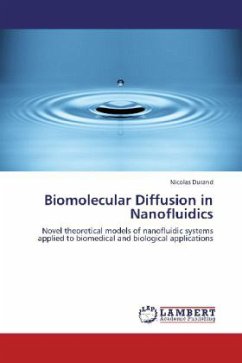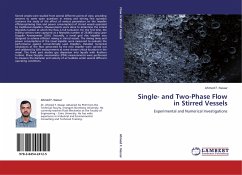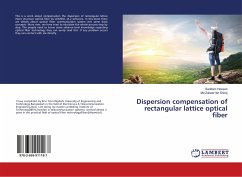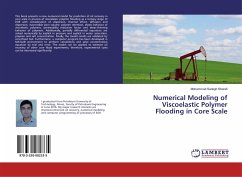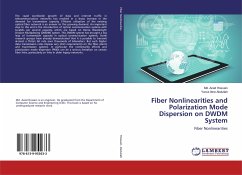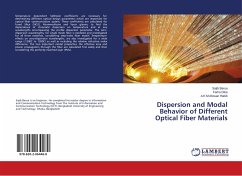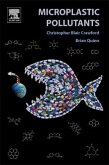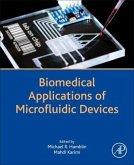Imagine a small integrated biomedical analysis laboratory, connected to your home computer, which would be capable of diagnosing illnesses, a lack of vitamins, or the over-presence of substances from samples of blood, urine or saliva. This hypothetic system would be able to give a diagnosis within minutes, finally advising the user about the optimal targeted medicines to take or the right specialist to consult for fast recovery. Of course this system will not be ready in the near future, but this book aims to bring some new elements to this exciting project by investigating the diffusion of proteins in well-defined nanometer-sized confined areas. Understanding molecular dynamics in nanoconfinement volumes is fundamental for designing the appropriate lab-on-a-chip devices able to transport, pre-concentrate, separate and sense biomolecules. This book mainly deals with fundamental studies related to surface physics and physical chemistry applied to life sciences. The work points outnovel, experimentally-verified complements to define solid theoretical models, in order to go forward with the design of nanofluidic systems applied to biomedical and biological applications.

